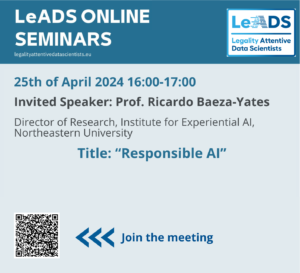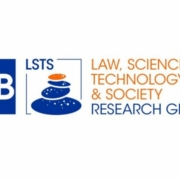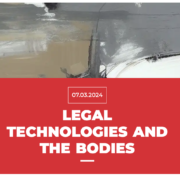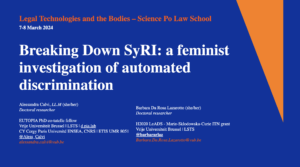In the quest for a harmonized understanding of data portability, one should appreciate the metamorphosis it has experienced within the European legislative framework. Initially envisioned as a tool to empower consumers by ensuring their control over personal data, the practical implementation of data portability has morphed in unexpected ways, much like a caterpillar’s transformation. However, instead of emerging as the anticipated butterfly, symbolizing freedom from lock-ins and enhanced control, it has taken on the guise of a moth—a “meta-moth-phosis,” if you will. This analogy captures the essence of data portability’s journey from a promising concept to its current state, where its potential for empowering individuals seems overshadowed by a reality that favors corporate interests and operational convenience.
A change in the architecture of data flows
The metamorphosis from a data transfer model envisioned in the GDPR to the current access model in the Digital Markets Act signifies a profound shift. Initially, data portability was envisioned to empower consumers with the ability to move data from one service provider to another. Yet, as this concept evolved, it transitioned towards facilitating easier in situ access to data for businesses, thereby prioritizing usability over individual control. This shift reflects a broader transformation in the digital market’s priorities—from protecting individual rights to fueling the economy with data-driven innovation.
Towards true empowerment
To start realigning the reality of data portability with its original promise, the European regulators need to harmonize legislative definitions with a common conceptualization, and encourage technological solutions that put control back in the hands of individuals. True empowerment would mean allowing users not just to give third parties access to data that current incumbent providershave at their disposal (which they can keep as such!), but to manage access to it comprehensively. This requires a radical rethinking of the digital infrastructure, designing an information system architecture where data hubs are decentralized and controlled by the individuals who can grant or revoke access under terms they set.
Embracing the meta-moth-phosis?
The journey of data portability in the EU highlights the need for a renewed commitment to its foundational goals. As we reflect on the meta-moth-phosis of data portability, it becomes clear that achieving genuine control and empowerment for users requires a precise and specific mixture of legal clarity, technological solutions, economic impact assessments, and special attention to the principles of user autonomy and privacy. By embracing this transformation and working towards a harmonized approach, the EU can ensure that data portability fulfills its potential as a key pillar of a fair and equitable digital market.
In this light, the moth analogy serves not just as critique, but also as a call to action—a reminder that even unexpected transformations can lead to meaningful outcomes if guided by a commitment to user empowerment. The future of data portability, with its complex interplay of legal, technological, and economic factors, holds the promise of a more integrated and user-empowered digital ecosystem, provided we navigate its evolution with care and purpose.
This research will be presented at the Privacy Symposium in Venice in June and will be published in their proceedings.





 ESR Mitisha Gaur’s groundbreaking work, “The Adequacy of the AI Act’s Fundamental Impact Assessment in Cases of High-Risk AI Systems by Government Agencies,” has been featured in the thought-provoking e-book “Safeguarding the Right to Good Administration in the Age of AI,” published by The Digital Constitutionalist.
ESR Mitisha Gaur’s groundbreaking work, “The Adequacy of the AI Act’s Fundamental Impact Assessment in Cases of High-Risk AI Systems by Government Agencies,” has been featured in the thought-provoking e-book “Safeguarding the Right to Good Administration in the Age of AI,” published by The Digital Constitutionalist.










 Considering how various modern digital environments, such as surveillance and recommendation algorithms, affect and govern human bodies and behaviors.
Considering how various modern digital environments, such as surveillance and recommendation algorithms, affect and govern human bodies and behaviors.